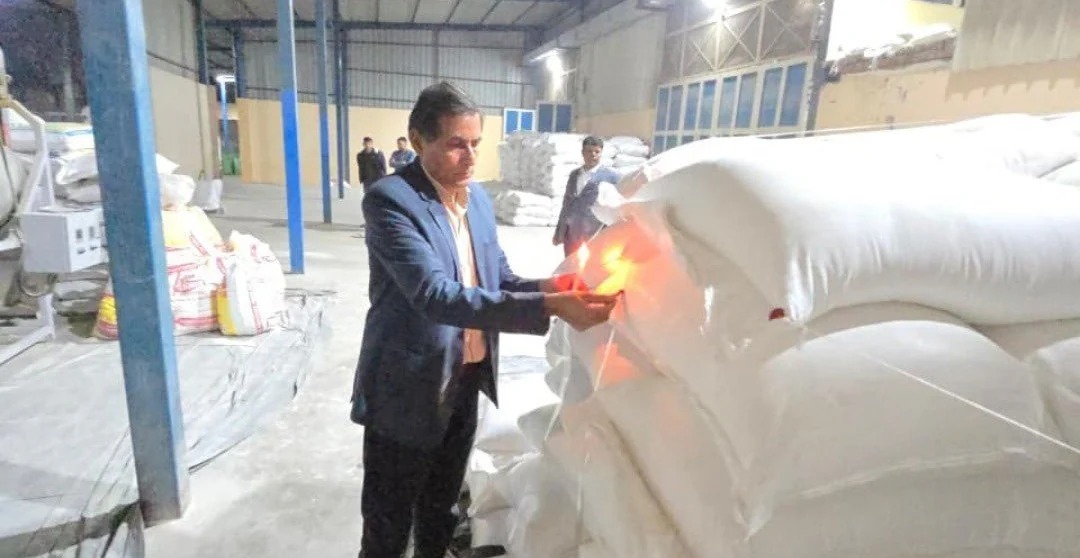In recent times, there has been a lot of public debate about the ingredients used in certain well-known packaged foods in India. One of the most common targets is palm oil. Recently, it has come to light that Pepsico India, the parent company of Lay's chips, is testing the possibility of using other oils in place of only palm oil in some of its products. The brand told us that it has been making efforts in this direction since last year.
Also Read: Indian Spice Brands Row : Food Authority To Check Quality Of Spices Sold In India
In a statement, the company's spokesperson declared, "PepsiCo is dedicated to producing high-quality, great-tasting products in every market where we operate. There are often different recipes for foods or drinks in different countries, which is attributed to several factors such as local preferences, manufacturing capabilities, ingredient availability and market dynamics. Ingredients are listed on every product we sell in India, allowing consumers to make conscious decisions about their purchases.
In this context, PepsiCo India initiated trials of a blend of Sunflower Oil and Palmolein Oil in certain parts of our portfolio last year, becoming one of the few players in the food industry in India to do so." PepsiCo India clarified to us that all Lay's products are not included in these trials - only a range of selected ones have been chosen at present.
As per the brand's website, Lay's US does not use palm oil in its potato chips. Rather, it lists "Vegetable Oil (Canola, Corn, Soybean, and/or Sunflower Oil)" as one of the key ingredients.
Palm Oil Versus Palmolein Oil
Palm oil is made from the fruit of the oil palm tree. It is high in saturated fats and is semi-solid at room temperature. Palmolein is also derived from the same source and is liquid at room temperature.
Is Sunflower Oil Healthier Than Palm Oil?
Sunflower Oil has a lower content of saturated fats compared to palm oil. This is why the former is generally said to be a healthier option. Increased and consistent consumption of saturated fats has been linked with various health problems, including heart disease.

Photo Credit: iStock
International brands seem to be increasingly coming under the scanner for the exact components of their Indian products. According to reports, a few weeks ago, Nestle received heavy criticism when an investigation revealed that it adds an average of 3 gm of sugar in every serving of cerelac sold in India. However, the same Nestle products in the United Kingdom, Germany, Switzerland, and other developed nations, do not contain sugar.
Also Read: Food Authority Launches Initiatives To Control Food Adulteration In India
About Toshita SahniToshita is fuelled by wordplay, wanderlust, wonderment and Alliteration. When she is not blissfully contemplating her next meal, she enjoys reading novels and roaming around the city.









